You can significantly lower your chance of developing cancer by following an anti-cancer diet. For instance, the American Cancer Society advises maintaining a healthy weight by eating the correct quantity of food and getting at least five servings of fruits and vegetables each day. Also, scientists are discovering that some cancer-prevention foods may be a significant component of a diet.
Although though making healthy food choices at the grocery store and at meals won’t completely prevent cancer, they may lower your risk.
Consider these cancer-fighting diet recommendations:
Consume a lot of Vegetables and Fruits
Fruits and vegetables are full of vitamins and elements that are known to lessen the risk of various types of cancer. Also, consuming more plant-based foods reduces your appetite for sugary foods. Snack on fruits and vegetables rather than processed or sugary foods to avoid overeating.
It is important to note that many plant-based foods contain polyphenols, resveratrol, vitamin C, and other nutrients. A diversified diet that contains the foods listed below may help a person stay healthy and lower their chance of developing cancer.
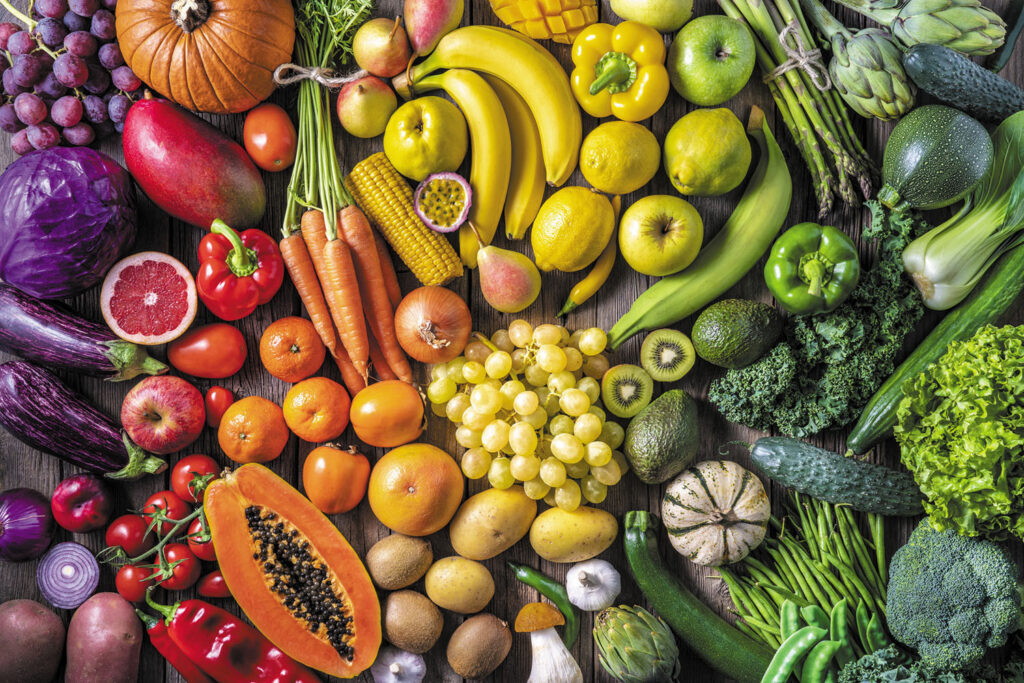
Use Olive Oil
This monounsaturated fat, which is popular in Mediterranean nations for both cooking and salad dressing, may be a meal that prevents cancer. As comparison to the United States, breast cancer rates are 50% lower in Mediterranean nations.
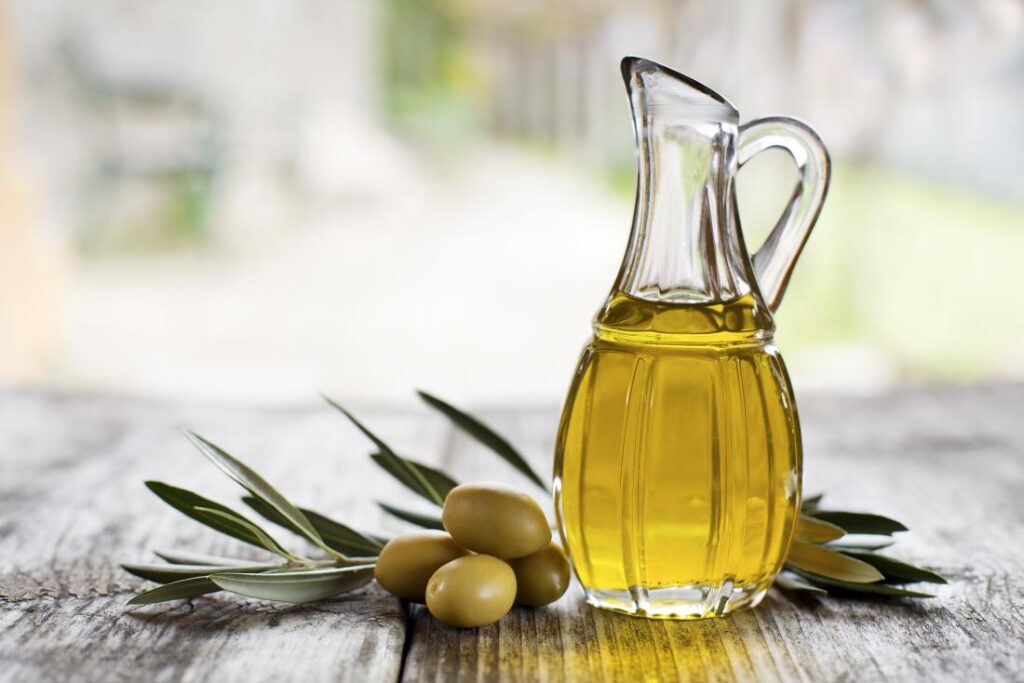
Gather Grapes to Snack On
The super antioxidant “activin” is found in the seeds of red grapes. This anti-cancer substance, which is also included in red wine and red grape juice, may provide important defense against some cancers, heart conditions, and other chronic degenerative diseases.
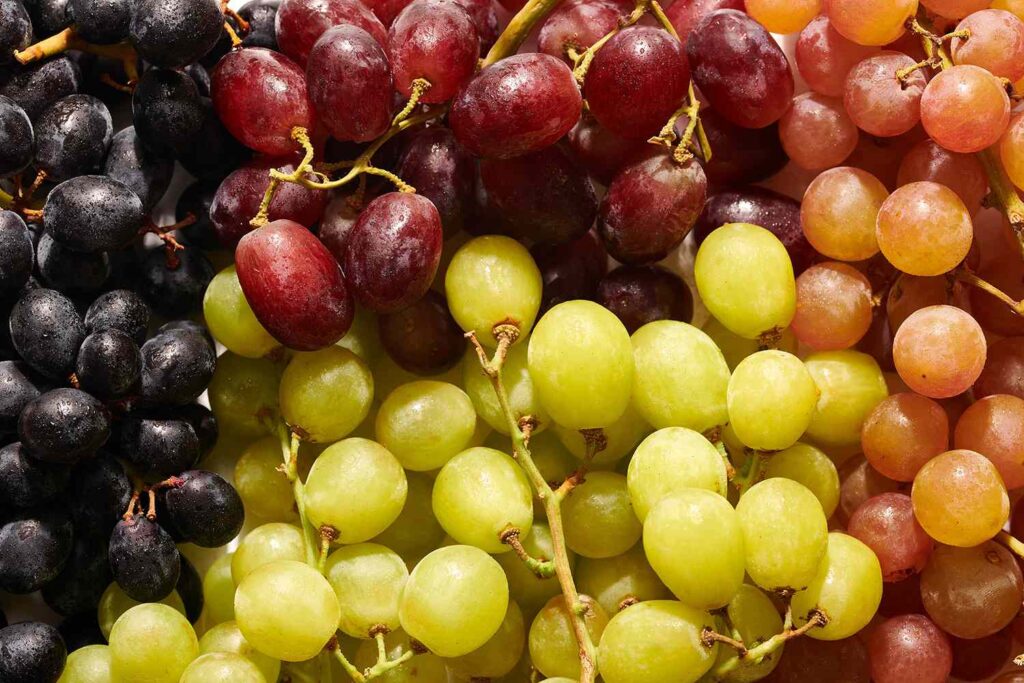
Make liberal use of the Onion and Garlic
According to research, garlic and onions can prevent the nitrosamines from forming, which are potent carcinogens that typically target the colon, liver, and breasts. Interestingly, the amount of chemically active sulfur compounds that fight cancer increases with the pungency of the garlic or onion.
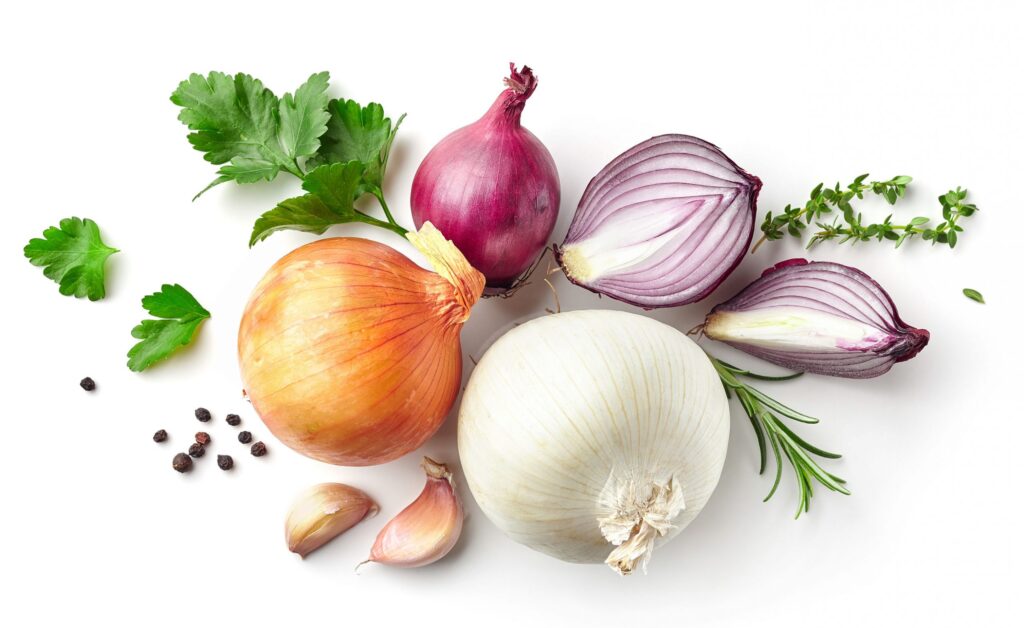
Drink Green tea all day long
Due to its potent antioxidant properties, green tea may play a significant role in an anti-cancer diet. Green tea, a diet that fights cancer, may be useful in avoiding skin, lung, esophageal, breast, and liver cancer. Epigallocatechin-3 gallate, a harmless substance included in green tea, is said by researchers to inhibit urokinase. Between 100 and 200 milligrams of this anti-tumor component can be found in one cup of green tea.
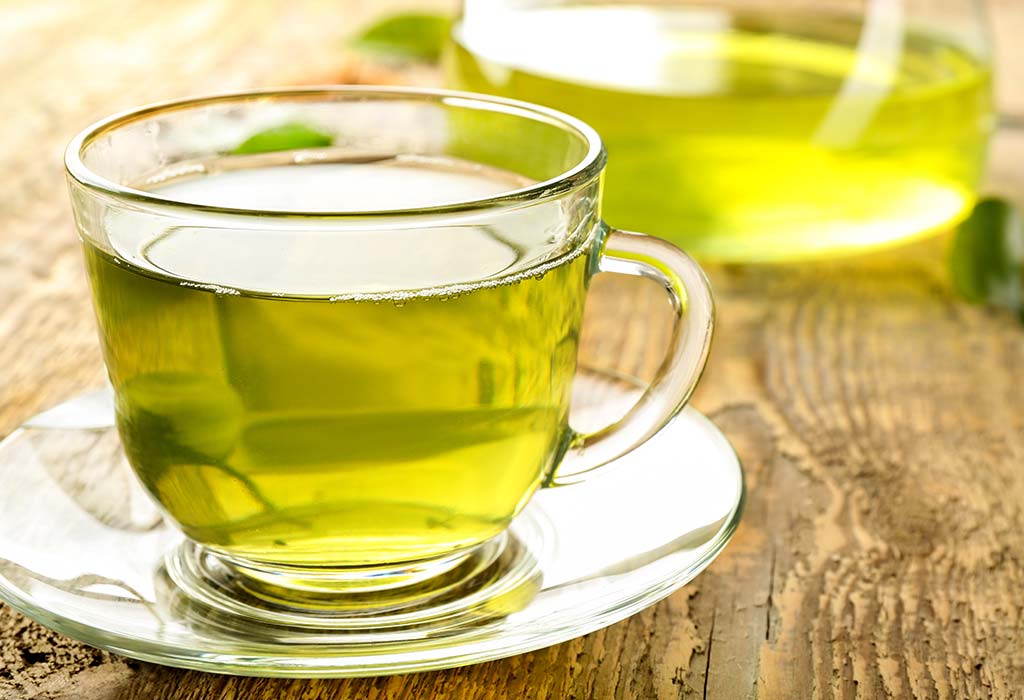
Consume more Tomatoes
According to research, the antioxidant lycopene, found in tomatoes, may have greater antioxidant capacity than beta-carotene, alpha-carotene, and vitamin E. A nutrient called lycopene has been linked to cancer prevention, particularly for malignancies like prostate and lung. Make careful to cook the tomatoes because doing so makes the lycopene accessible by your body.
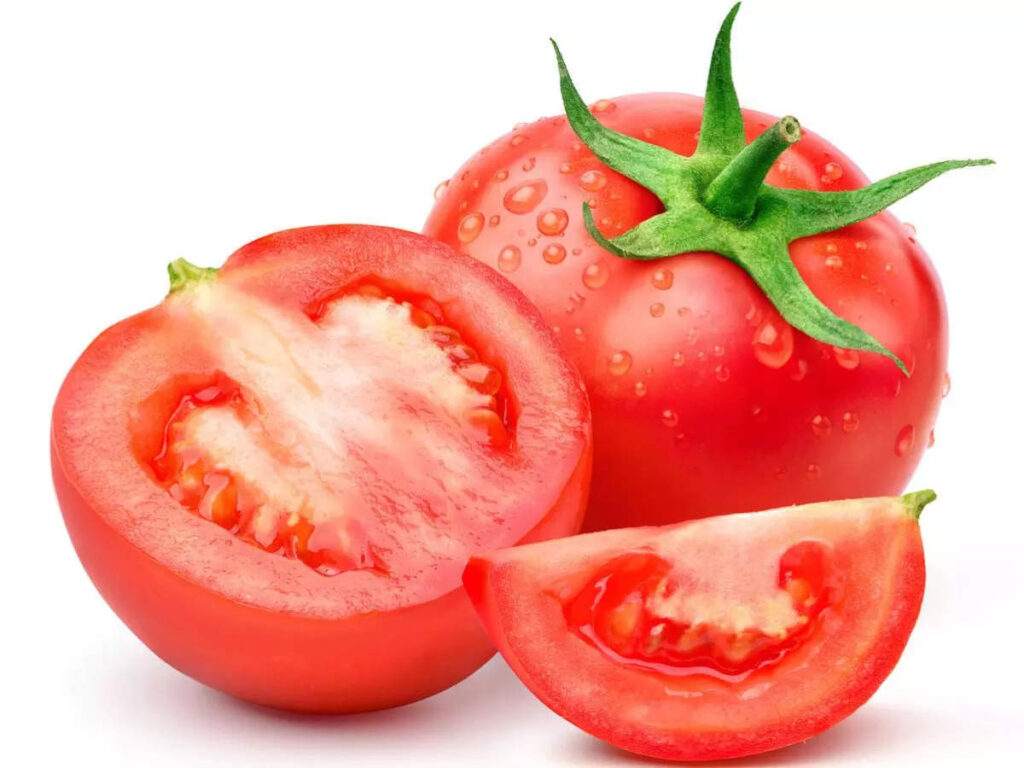
Berries
Berries are full in vitamins, minerals, and dietary fiber. They may provide health advantages due to their antioxidant content. Anthocyanin, a substance found in blackberries, is shown in one research to reduce colon cancer biomarkers.
Another study found that blueberries’ anti-inflammatory properties can stop the development of breast cancer tumors in mice. Anthocyanins, flavonoids, and other antioxidants found in berries may be able to prevent cancer or even reverse the process of early cell alterations. Also, there is evidence that they could aid in the prevention or reduction of a number of diseases, such as gastrointestinal and breast cancer.
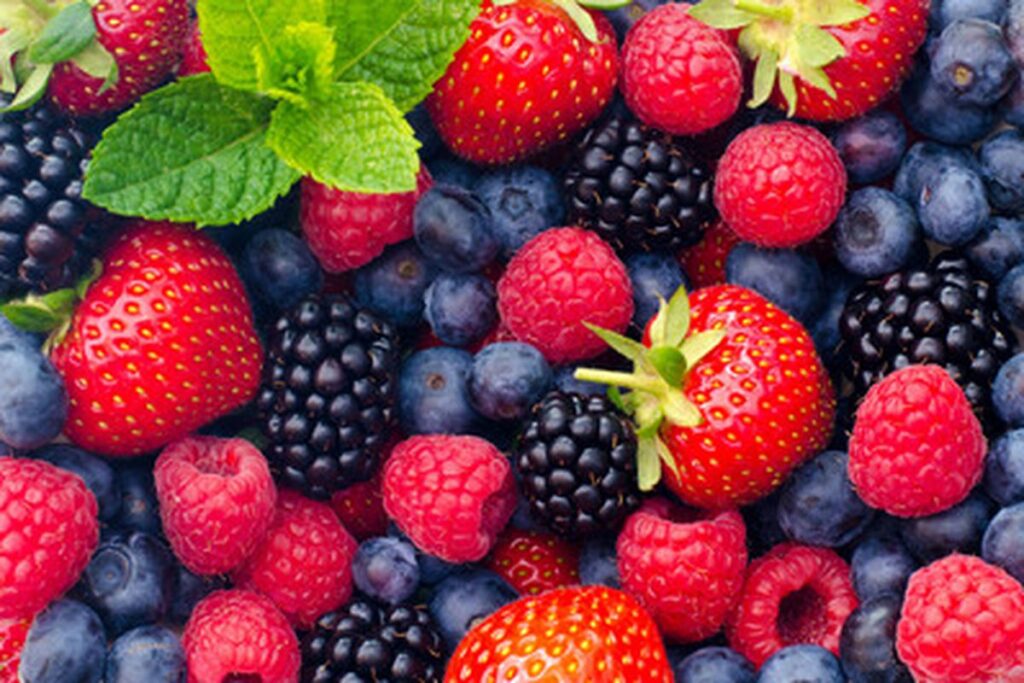
Fatty Fish
Salmon, mackerel, and anchovies are examples of fatty fish that are full of critical nutrients like vitamin B, potassium, and omega-3 fatty acids. According to one study, those who consume more freshwater fish in their diets are 53% less likely to develop colon cancer than those who consume less of it. Also, taking fish oil later in life may be associated with a markedly lower risk for prostate cancer.
Last but not least, a study of data for 68,109 individuals revealed that those who took fish oil supplements at least four times per week had a 63% lower risk of developing colon cancer than those who did not.
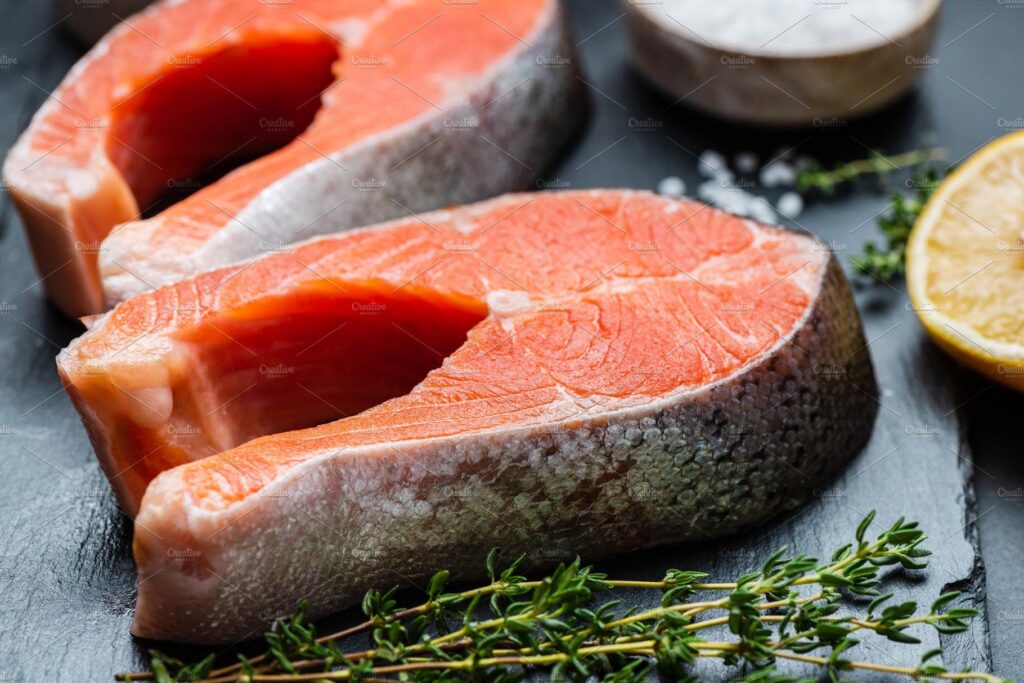
Whole Grains are in the Front Lines Among Foods Fight Cancer
The American Institute for Cancer Research states that whole grains contain a variety of nutrients, including as fiber and antioxidants, that may reduce your chance of developing cancer. Eating more whole grains may reduce the incidence of colon cancer, according to a significant study including close to 500,000 participants. This places whole grains at the top of the list of nutrients that can fight cancer. The following are some examples of whole grains: oatmeal, barley, brown rice, whole-wheat bread, and pasta.
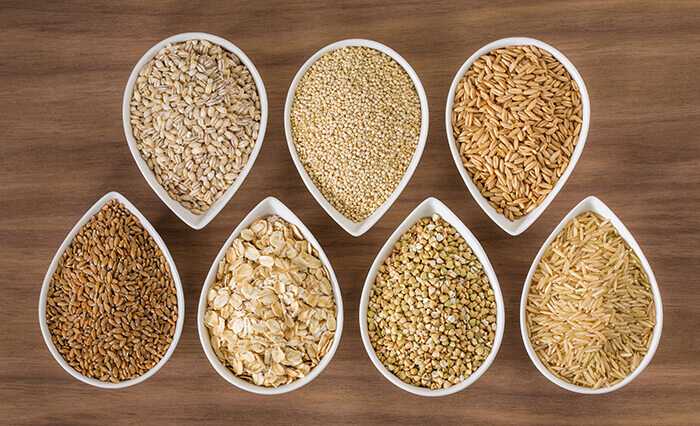
Walnuts
All nuts appear to have cancer-preventing qualities, according to the American Institute for Cancer Research, but researchers have focused more of their research on walnuts than other varieties. The body converts pedunculagin, a chemical found in walnuts, into urolithins. Compounds called urolithins bind to estrogen receptors and may help to prevent breast cancer.
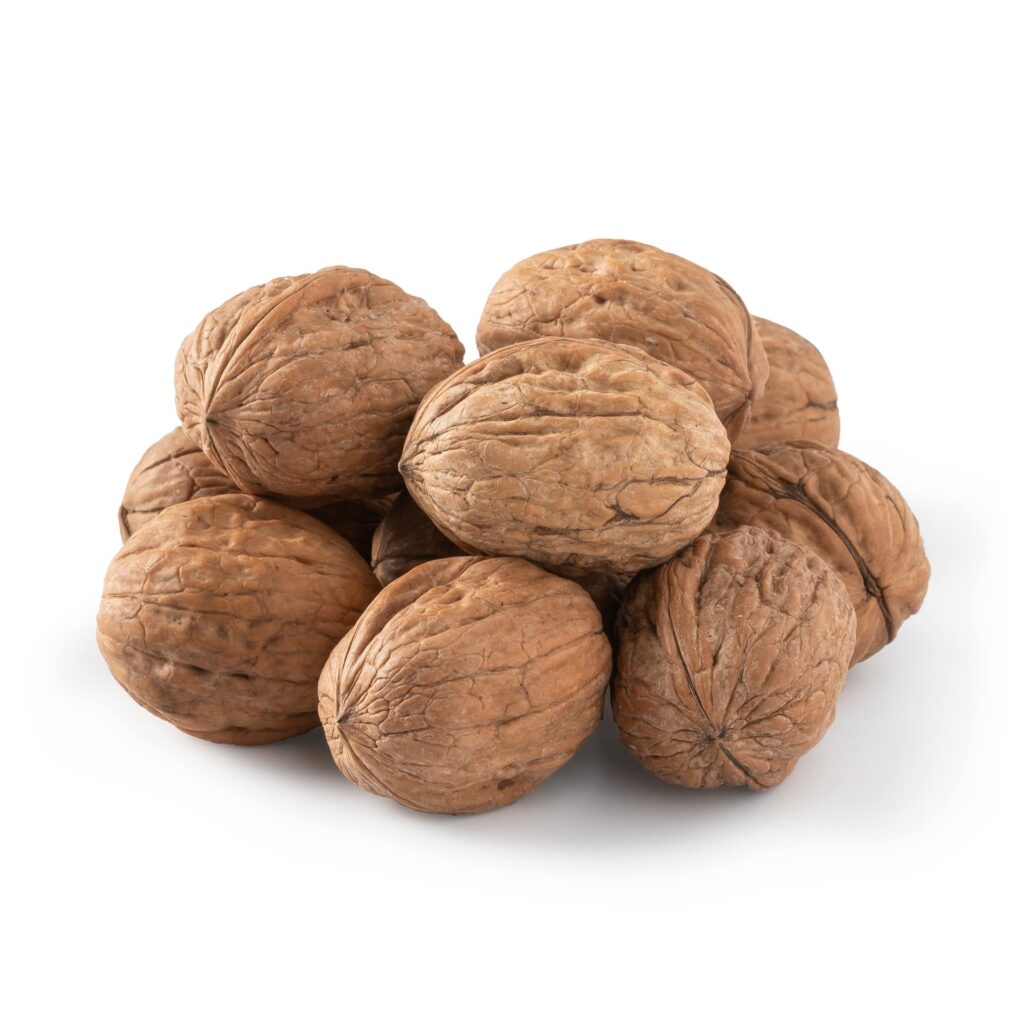
Legumes
Beans, peas, and lentils are examples of legumes that are high in fiber and may help reduce the risk of several cancers. According to one study, eating more legumes is associated with a lower risk of colon cancer.
Another study looked at the connection between bean fiber consumption and the risk of breast cancer. According to the study’s findings, those who consume a lot of bean fiber in their diets have a 20% lower risk of breast cancer than those who do not consume enough fiber each day.

Supplements and Medications
Vitamin C, vitamin D, and vitamin E are examples of minerals and antioxidants included in supplements that may help prevent cancer by lowering oxidative stress. The majority of the plant-based substances included in this article, including phloretin, anthocyanin and sulforaphane, are pills. Before beginning a new medicine or supplement routine, always see a medical expert.
Turmeric
Spices like turmeric are well-known for their ability to improve health. The chemical’s primary component, curcumin, has anti-inflammatory, antioxidant, and even anticancer properties. In one study, the effects of curcumin were examined in 44 patients who had potentially malignant tumors in their colons. 4 grams of curcumin taken everyday for 30 days reduced the amount of lesions by 40%.
By specifically targeting an enzyme linked to cancer growth, curcumin was also discovered in a test-tube study to lessen the spread of colon cancer cells. In further test-tube investigations, curcumin has also demonstrated efficacy in inhibiting the growth of breast, prostate, and lung cancer cells.
Aim for at least 1/2 to 3 teaspoons (1-3 grams) of ground turmeric each day for the best outcomes. Combine it with black pepper to increase its absorption, and use it as a ground spice to add flavor to cuisine.
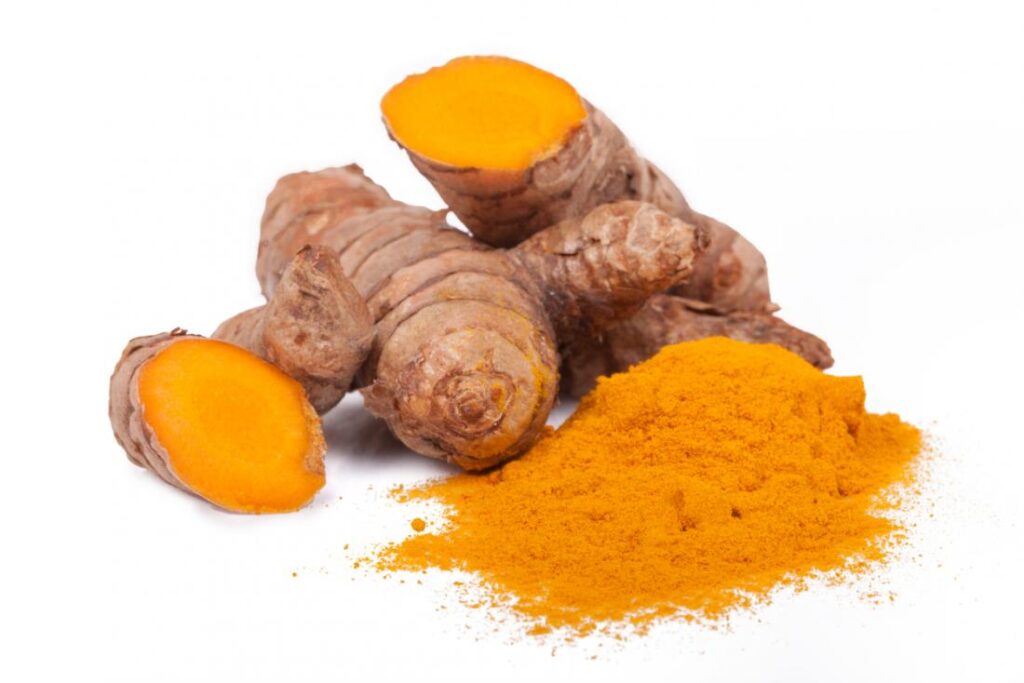
Takeaway
It is becoming more and more obvious that your food can significantly affect your risk of cancer as more and more fresh research is released in this area. Further research is required to determine how certain foods may directly influence the occurrence of cancer in humans. In the meanwhile, you can be sure that leading a healthy lifestyle and eating a diet high in whole foods can significantly enhance your health.
References
- Wang LS, Kuo CT, Cho SJ, Seguin C, Siddiqui J, Stoner K, Weng YI, Huang TH, Tichelaar J, Yearsley M, Stoner GD, Huang YW. Black raspberry-derived anthocyanins demethylate tumor suppressor genes through the inhibition of DNMT1 and DNMT3B in colon cancer cells. Nutr Cancer. 2013;65(1):118-25. doi: 10.1080/01635581.2013.741759. PMID: 23368921; PMCID: PMC3570951.
- Kantor ED, Lampe JW, Peters U, Vaughan TL, White E. Long-chain omega-3 polyunsaturated fatty acid intake and risk of colorectal cancer. Nutr Cancer. 2014;66(4):716-27. doi: 10.1080/01635581.2013.804101. Epub 2013 Sep 20. PMID: 24053119; PMCID: PMC3961554.
- Sangaramoorthy M, Koo J, John EM. Intake of bean fiber, beans, and grains and reduced risk of hormone receptor-negative breast cancer: the San Francisco Bay Area Breast Cancer Study. Cancer Med. 2018 May;7(5):2131-2144. doi: 10.1002/cam4.1423. Epub 2018 Mar 23. PMID: 29573201; PMCID: PMC5943543.
- Carroll RE, Benya RV, Turgeon DK, Vareed S, Neuman M, Rodriguez L, Kakarala M, Carpenter PM, McLaren C, Meyskens FL Jr, Brenner DE. Phase IIa clinical trial of curcumin for the prevention of colorectal neoplasia. Cancer Prev Res (Phila). 2011 Mar;4(3):354-64. doi: 10.1158/1940-6207.CAPR-10-0098. Erratum in: Cancer Prev Res (Phila). 2012 Dec;5(12):1407. Dosage error in article text. PMID: 21372035; PMCID: PMC4136551.
